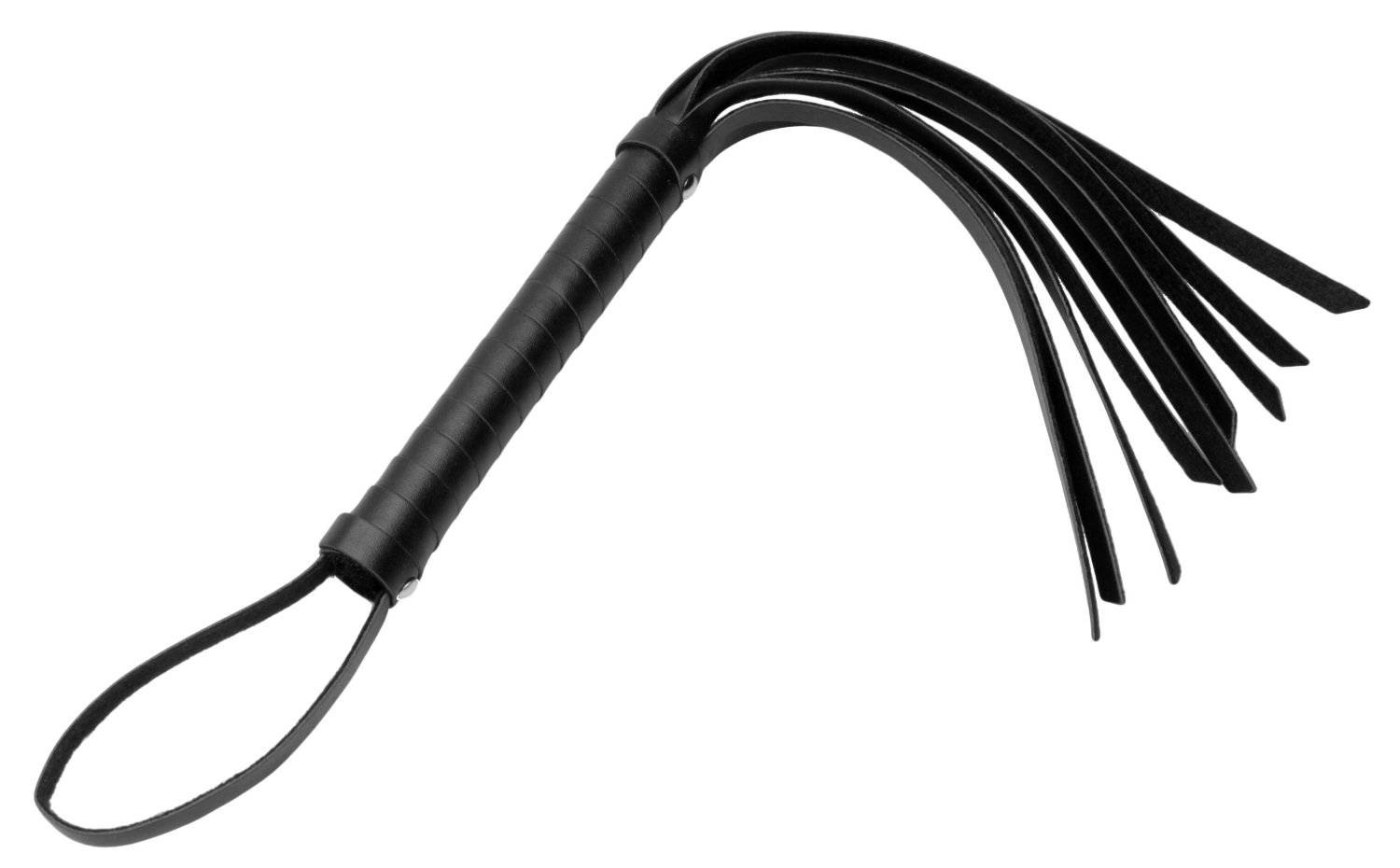The Hazy Line Between Public Self-deprecation and Self-flagellation
I was at a networking dinner tonight with a terrific group of startup founders, investors, university professors, and others connected to the Boulder startup ecosystem.

We went around the room doing short introductions, and a young woman with a killer new role shared that she was still adjusting to being the “dumbest person in the room.” She said other negative statements about herself, and they were all, I imagine, in service of representing that (a) she feels grateful to have scored a truly prime new position; and (b) she is a rapid and intentional learner.
Her comments really stung me. I felt a sadness and a tinge of anger. I wondered what those statements might reflect about her internal sense of her own worth. After the group intros were complete, I asked her (a relative stranger to me) whether she would be open to my feedback. I talked with her about my pained reaction to the way she presented herself in the group. I shared that I appreciated her motivation, but I thought there was a line — particularly worth watching for female leaders — between humane self-deprecation and self-decimation.
She was wonderful. She heard me. And she jumped in reluctantly with a good list of ways in which she was in some ways the “smartest person in the room,” even in this new role surrounded by seasoned experts. To give you a feel for the look of this list, it included “I know way more about pop culture and those references, and it makes me more relatable to young entrepreneurs.” Rah! We talked about the fact that there is always subject-specific learning in a new field, but I invited her to pay attention to some of the non-factual talents she likely possessed that enabled her to be the pick for a role that was largely outside of her prior areas of experience.
Last, she shared with me that in the role before this one, she had her self-confidence hammered. She got emotional, and I realized that this experience as much as anything was shaping her outlook on where she is now. We talked about navigating the edge between being a humble, young, sponge learner and being someone who punishes herself with her own words in her introductions.
I know it’s not as simple as noticing our inner critics and pushing them out of the way. They are with us. It’s important, however, to get friendly with them and notice when they show up. The main benefit of doing that is so that when we are called upon to make a big speech or a small introduction, we can invite our harshest inner critic to take a rest and allow our true inner confident essence a brief moment in the spotlight.
